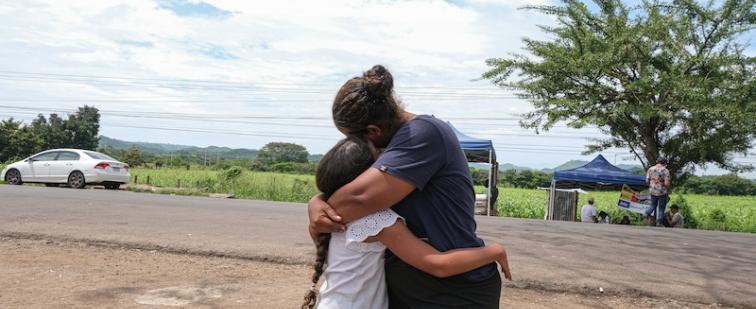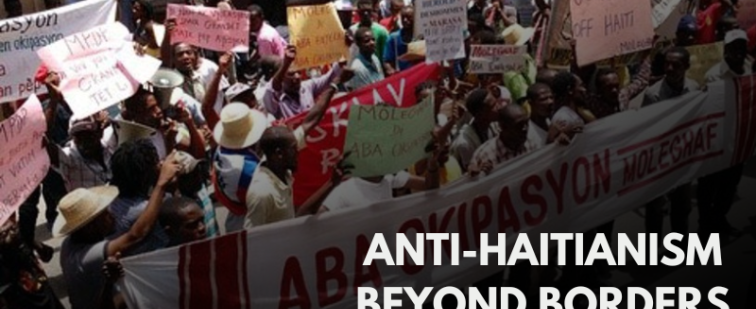Home
More than 140 Latin America experts criticize the campaign of fear being waged by the ruling party in El Salvador. In an open letter, they ask the Secretary of State to declare that the United States government stands ready to work with whichever candidate is democratically elected by the Salvadoran people, and publicly disavow the ruling party's dirty campaign, which has used President Obama's image in an attempt to coerce Salvadorans from voting for the opposition.
A huge dam complex on the Amazon's Madeira River pits the imperatives of economic growth and integration in South America against the conservation of an environmentally sensitive area. Environmental conflicts such as the one underway on the Madeira will become increasingly common in South America as the initiative for the Integration of South American Regional Infrastructure (IIRSA) – of which the Madeira Complex is a part – reaches ever-widening implementation.
Should constructive criticism of Latin America's left-leaning governments play a role in North American solidarity activism? Can this criticism be made without playing into the hands of reactionaries? Can critiques be made without reproducing paternalistic North American finger wagging? Yes, but with an important caveat.
For centuries, carnivals throughout Latin America have given revelers the chance to enjoy a brief suspension of a typically rigid social order. A group of activists have been using the carnival model as a collective weapon of peaceful transformation against violence, fear, and silence. From Colombia to Guatemala, the carnival is taking back the streets one block at a time, and what began as a carnival procession has turned into a movement.
 |
To get a sense of what Barack Obama’s foreign policy will be, we should watch Latin America. The region has long lived like the proverbial canary in a coal mine, a reliable indicator of what’s in store for the rest of the world when circumstances prompt Washington to shift diplomatic direction. There’s been much talk lately about Franklin Delano Roosevelt and the New Deal, some of it generated by Obama himself, who has cited FDR’s Four Freedoms—of speech and religion and from want and fear—to signal what his diplomatic priorities will be.
Polls on the March 15 presidential vote show the election will likely open a new progressive chapter in El Salvador's long, violent history of war and dictatorships with a victory by the leftist FMLN, which is promising to build a people-centered government. But the right is not taking its impending defeat lightly; it has been orchestrating a massive fear campaign and has worked feverishly to secure corporate-driven development contracts before its rule is set to expire.
A long-time Zapatista supporter responds to an article by journalist John Ross in which he harshly criticizes EZLN spokesman Subcomandante Marcos and dismisses the Zapatistas' Dignified Rage Festival. Klein writes, "Ross criticizes the New York Times article about tourism in Chiapas as a 'self-serving hit piece' and then goes on to write a hit piece himself."
Brazilian President Luiz Inácio Lula da Silva and his Workers' Party (PT) have faced strong criticism from the left since the beginning of Lula's first term in 2003. Although the 2010 presidential elections are still distant, some sectors disillusioned by the Lula administration are already attempting to build a left-leaning alternative to the PT. And, for now, it seems that effort is resonating with the Brazilian electorate.
The ten percentage point victory (55-45%) that President Chávez and his movement achieved on Sunday represents a very important victory for the effort to create socialism in Venezuela. However, Chávez and his supporters ought to recognize that this victory comes with a certain degree of risk because it increases the Bolivarian movement's dependency on its charismatic leader.
With Sunday's Venezuelan referendum on term limits, we can expect to hear a lot about Venezuelan president Hugo Chávez's "plan to become president for life" and its reflection on "Venezuela's battered democracy," as the New York Times editors put it around the time of Venezuela's last (failed) term limits referendum.












